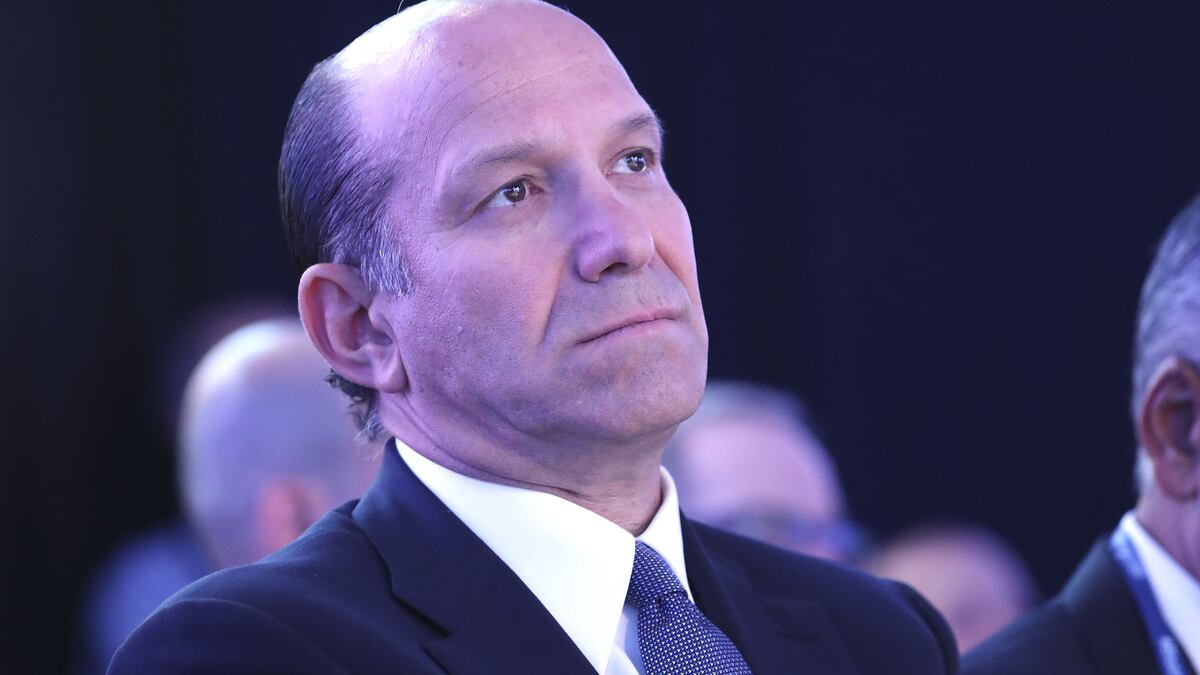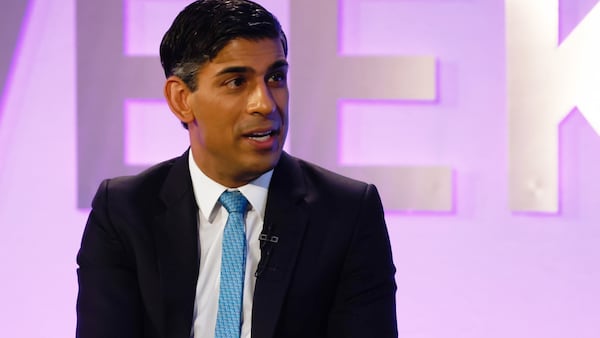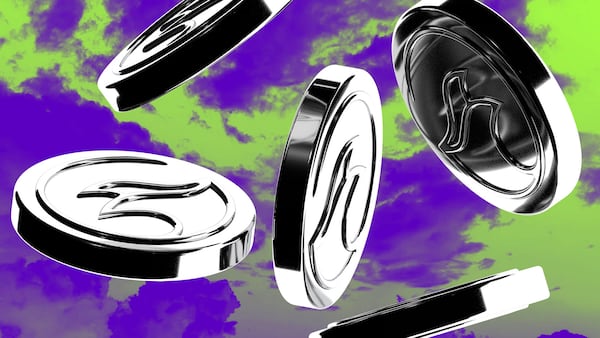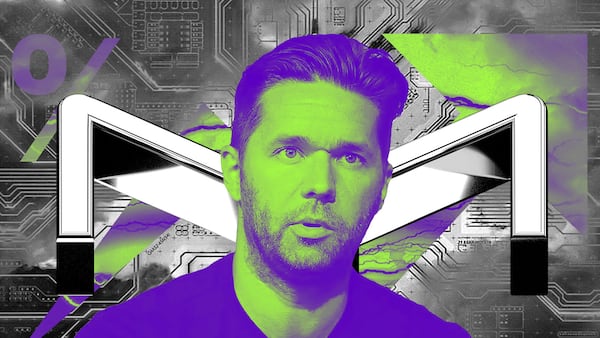- Cantor Fitzgerald’s long-time CEO lauded Tether in a television appearance Tuesday.
- Boss Howard Lutnick supported the stablecoin issuer’s claims that it is fully-backed by reserves and said he and his firm have seen the proof.
- The remarks come as a UN report said Tether is the preferred vehicle for money laundering in Southeast Asia.
Cantor Fitzgerald’s CEO lauded cryptocurrencies and said Tether’s stablecoin is fully backed by reserves.
Tether has the money “they say they have,” Howard Lutnick, CEO of the financial services firm, told Bloomberg TV on Tuesday.
Lutnick, referring to the stablecoin’s reserves, which S&P Global branded as opaque, said that he and his firm have seen “a whole lot” and that Tether’s attestations are correct and the stablecoin is fully backed.
Cantor Fitzgerald did not immediately return a request for comment.
“While naysayers have had their go at Tether over the years, it’s heartening to hear Cantor Fitzgerald CEO Howard Lutnick affirming the robustness of our reserves,” Tether CEO Paolo Ardoino told DL News via email. “It’s concrete evidence of Tether’s financial strength.”
The long-time CEO’s comments come amid heightened scrutiny following a 105-page report from the United Nations this week, which put a spotlight on Tether’s use by criminal groups in Southeast Asia.
Online gambling platforms, especially those which have been operating illegally, have become the most popular vehicles for money launderers, according to the report.
It highlighted Tether’s USDT stablecoin on the Tron blockchain as one particularly popular means for money laundering.
Tron, which has previously denied any wrongdoing or links to illicit financing, did not immediately respond to request for comment.
Organised crime groups in China have also integrated cryptocurrencies into their illegal betting operations, the report said.
“In recent years, law enforcement and financial intelligence authorities have reported the rapidly growing use of sophisticated, high-speed money laundering ‘motorcade’ teams specialising in underground Tether cryptocurrency — fiat exchanges across East and Southeast Asia,” it read.
‘Americans cockin’ around’
Speaking from Davos, where the World Economic Forum’s annual meeting kicked off this week, Lutnick brought up cryptocurrencies without prompting from interviewers.
“We should talk a little bit about crypto too before we finish,” Lutnick said, adding that he expects Bitcoin to stay steady before growing following the halving.
“Why are Americans having anything to do with Bitcoin anyway? Why do they have anything to do with stablecoins anyway?” Lutnick said, questioning Americans’ use of cryptocurrencies in response to the launch of spot Bitcoin exchange-traded funds.
“This is just Americans cockin’ around, like buying Tesla stock,” Lutnick said.
In countries like “Argentina, Venezuela, and Turkey these crypto assets matter, stablecoins matter,” he said.
“Holding your dollar in a token is amazing,” Lutnick said. “That’s why Tether is doing really well.”
Money laundering concerns
The UN report outlined the use of cryptocurrencies in creating “significant challenges for investigators across East and Southeast Asia.”
“We are disappointed in the UN’s assessment that singles out USDT highlighting its involvement in illicit activity while ignoring its role in helping developing economies in emerging markets,” Tether said in a statement in response to the report.
“The UN’s analysis ignores the traceability of Tether tokens and the proven record Tether has of collaborating with law enforcement,” the statement said.
Lutnick made similar remarks about Tether on CNBC’s Money Movers podcast in December.
Adam Morgan McCarthy is a markets correspondent for DL News. Have a tip? Contact the author at adam@dlnews.com.







